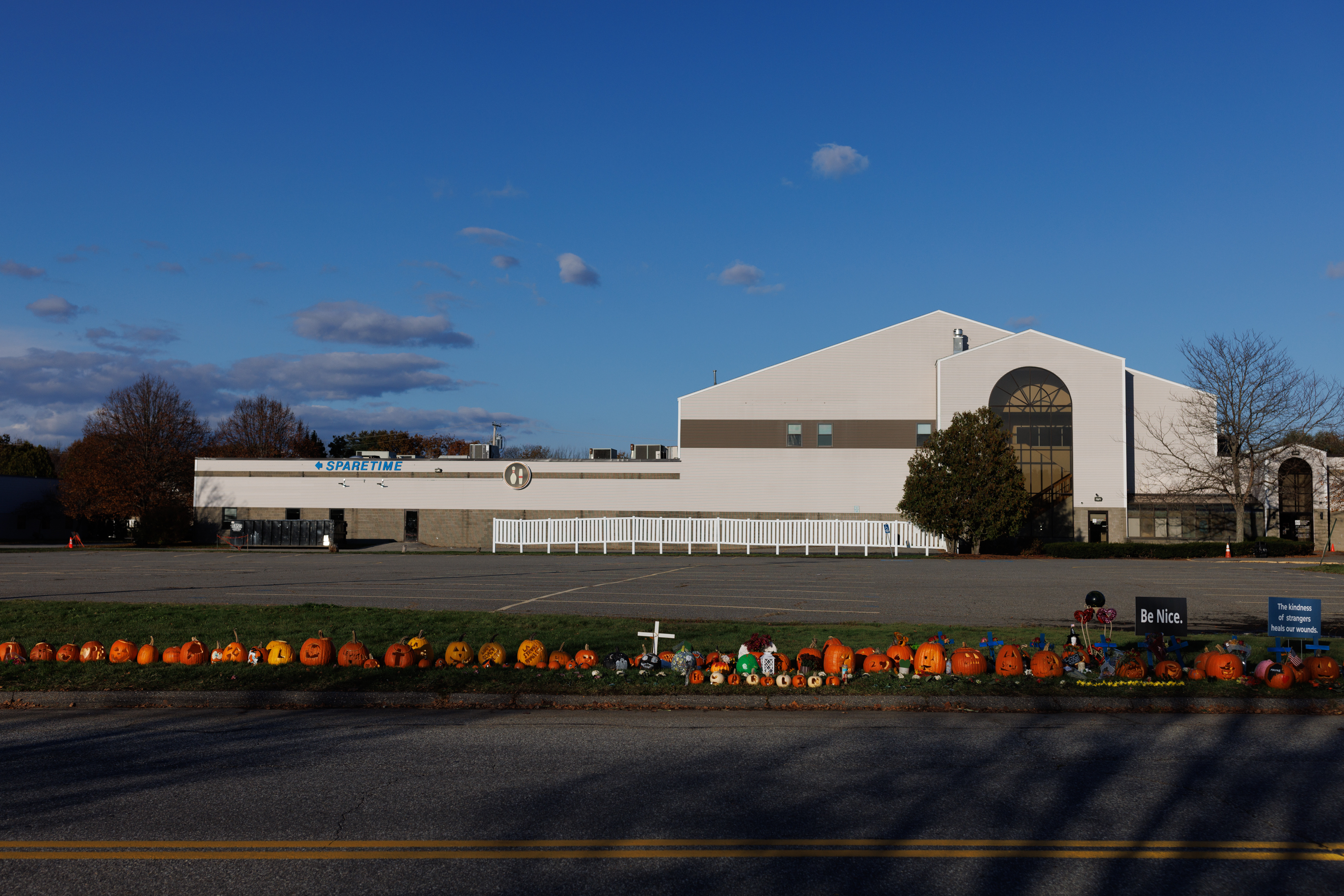An independent commission investigating the deadliest shooting in Maine history plans to take up accusations in a report that contended self-dispatching police officers created “chaos” during the search for the gunman.
But the commission may not address an allegation that deputies in an armored vehicle had been drinking before nearly crashing into another armored vehicle. Chairman Daniel Wathen said commissioners intend to address some of the report's “disturbing allegations” while others are outside the panel's scope.
The panel reconvenes Friday to hear from witnesses on communications and coordination problems.
The after-action report by the leader of the Portland Police Department special response team indicated a Cumberland County tactical vehicle nearly crashed into a Portland police vehicle, something that could've claimed lives, while noting that officers showing up to help without being assigned to do so created the potential for more harm than good.
“I have never seen the amount of self dispatching, federal involvement with plain clothes and utter chaos with self dispatching in my career,” the tactical team leader, Nicholas Goodman, wrote in the partially redacted report, which The Associated Press obtained Tuesday through the state's Freedom of Access Act.
The Cumberland County sheriff refuted accusations that any of his deputies were intoxicated after the report indicated the armored vehicle skidded to a halt to avoid a crash that could've been fatal.
Both the Cumberland County Sheriff's Office and Portland Police Department tactical teams were responding to a location where the shooter's vehicle was abandoned by the Androscoggin River on the evening of Oct. 25, after the gunman, an Army reservist, killed 18 people and wounded 13 others at a bowling alley and a bar and grill in Lewiston.
The commission previously heard testimony from law enforcement officials about the chaotic hours after the shooting in which agencies mobilized for a search and police officers poured into the region.
The Portland report was especially critical of self-dispatching officers. The report suggested officers who arrived to help in plain clothes — “similar clothing to the suspect” — created a dangerous situation in which police officers could’ve exchanged fire with each other in a wooded area near the gunman’s abandoned vehicle. The gunman's body was found two days later at a nearby location where he died by suicide.
Tactical vehicles used by the Cumberland Sheriff’s Office and Portland Police Department apparently weren’t aware of each other’s presence.
The Portland team, which arrived first near the site of the gunman's vehicle, was attempting to keep police cruisers off a bridge where lights were transforming officers into targets when an armored vehicle approached from the other side of the bridge and skidded to a stop within 20 to 30 feet of the Portland vehicle, the report said.
In the report, Goodman wrote that the “smell of intoxicants” wafted from the tactical vehicle operated by Cumberland County tactical team members, who said they were assisting after attending a funeral.
Cumberland County Sheriff Kevin Joyce said in an earlier statement that any report of intoxicated officers should've been raised at the time — not six months after the tragedy — and he defended his deputies. He said in a statement that an internal investigation cleared the officers and that no one was determined to be intoxicated at the scene.



